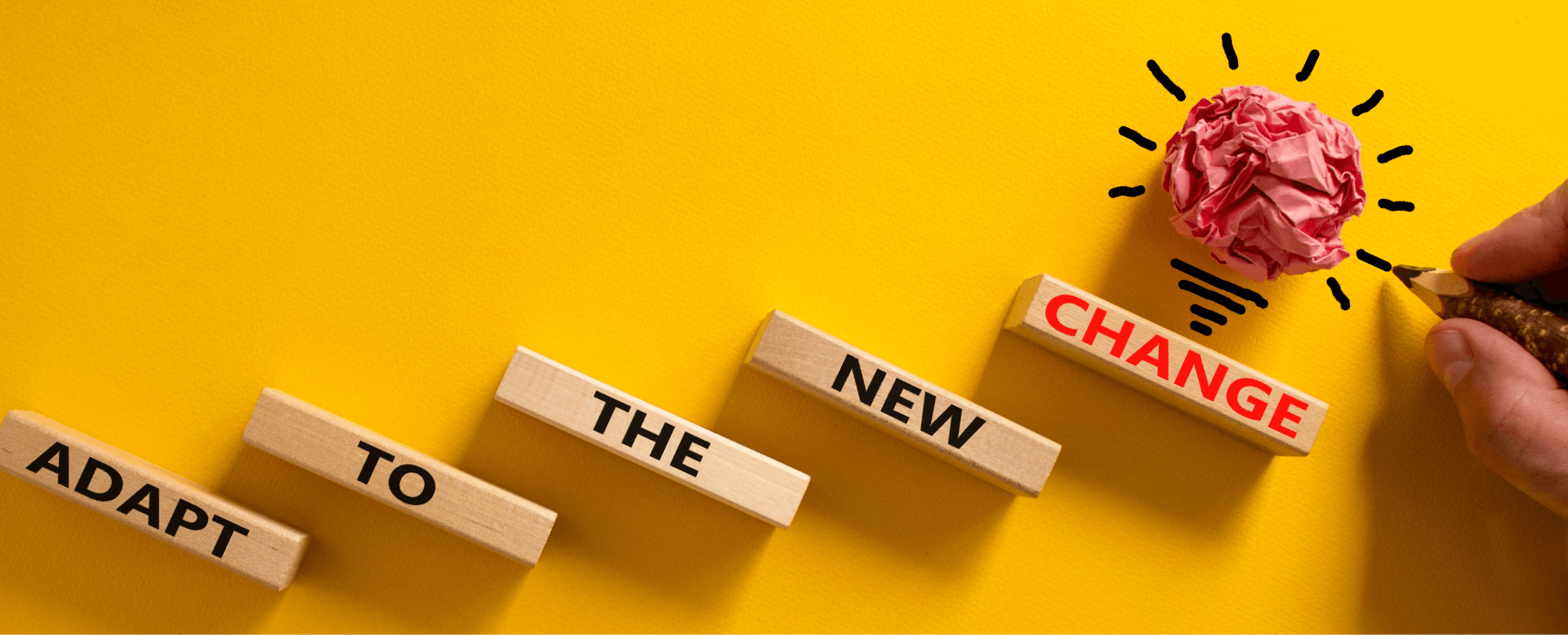
Why You Don’t Always Choose the Best Option — And Why That’s Perfectly Okay
Adam didn’t expect to face a crisis in the grocery store.
It was a regular Thursday evening. After a long day at work, all he wanted was to make a quick pasta dinner. He walked into his neighborhood supermarket, headed for the pasta aisle, and stopped. In front of him stood 25 different jars of pasta sauce.
Chunky, organic, low-sodium, garlic-flavored, imported from Italy, made with sun-dried tomatoes—each label promised something better than the last. Adam stood there for a moment, scanning, thinking. Then he picked a jar he vaguely recognized, tossed it in the cart, and moved on.
No deep analysis. No long comparison. Just a quick, gut-feel decision.
That moment was more than just dinner prep—it was a perfect example of bounded rationality, one of the most important (and relatable) concepts in behavioral economics.
Most of us like to think we’re rational decision-makers. We want to believe we choose the best phone, the best job offer, the best partner, or the best pasta sauce. But here’s the truth: we don’t always go for “the best.” More often, we go for “good enough.” And that’s where bounded rationality comes in.
Coined by Nobel Prize-winning economist Herbert A. Simon, bounded rationality explains that while we try to make smart decisions, we’re limited by time, information, and brainpower. In other words, our ability to make perfectly rational decisions is bounded.
Adam didn’t have time to study every jar of sauce. He didn’t have perfect knowledge about tomato sourcing or spice levels. And after a long day, his brain just wanted dinner, not a deep-dive analysis. So he chose what felt good enough—and moved on.
This isn’t just how grocery shopping works. It’s how we all function every day.
- A business owner launching a product without waiting for perfect data? Bounded rationality.
- A manager making a hiring choice based on a few interviews? Bounded rationality.
- A government responding to a crisis with quick, adaptable policy? You guessed it—bounded rationality.
It’s a concept that helps us understand real-world economics, especially when combined with behavioral economics, which looks at how emotions, biases, and mental shortcuts shape our choices.
And here’s the kicker: making a “good enough” choice isn’t a flaw. It’s actually a smart strategy.
Herbert Simon called it “satisficing”—a mix of “satisfy” and “suffice.” It’s what we do when we can’t afford the time, energy, or stress of endlessly chasing the ideal.
In fact, bounded rationality helps us avoid decision fatigue, reduce stress, and get things done. It’s how we survive in a world of too much information and too many options.
Back in his kitchen, Adam cooked his pasta and poured on the sauce. It tasted great. Was it the best sauce in the world? Maybe not. But it was fast, easy, and made his evening better. And that’s what mattered.
So the next time you’re faced with a sea of options—whether it’s choosing a brand, a strategy, or a life path—remember Adam. Remember that humans aren’t machines. And that good enough is often exactly what we need.
Because in life, business, and even economics, making the best possible decision isn’t always possible. But making a smart, fast, and human decision—that’s where the power of bounded rationality shines.
Related Blogs

Transform Your Organization with Adaptive Leadership
In today's fast-paced business environment, leaders need more than traditional management skills. Adaptive Leadership is emerging as a powerful approach to navigate complex challenges, foster innovation, and ...

The Evolving Role of Managers in a Changing Business Landscape
The New Face of Management The traditional role of managers is undergoing a profound transformation. In today’s fast-paced, technology-driven world, managers are no longer just task supervisors—they are stra...

The Integration of AI into Business Decision-Making
For businesses trying to stay competitive in the fast-changing business environment of today, the integration of artificial intelligence (AI) into decision-making processes has risen as a key tactic. The p...

What Has Saudi Arabia's Vision 2030 Achieved So Far?
Saudi Vision 2030, conceived and sponsored by Crown Prince and Prime Minister of the Kingdom of Saudi Arabia Mohammed bin Salman, has been marketed as a complete transformation in today's world. The vision's bluepr...
